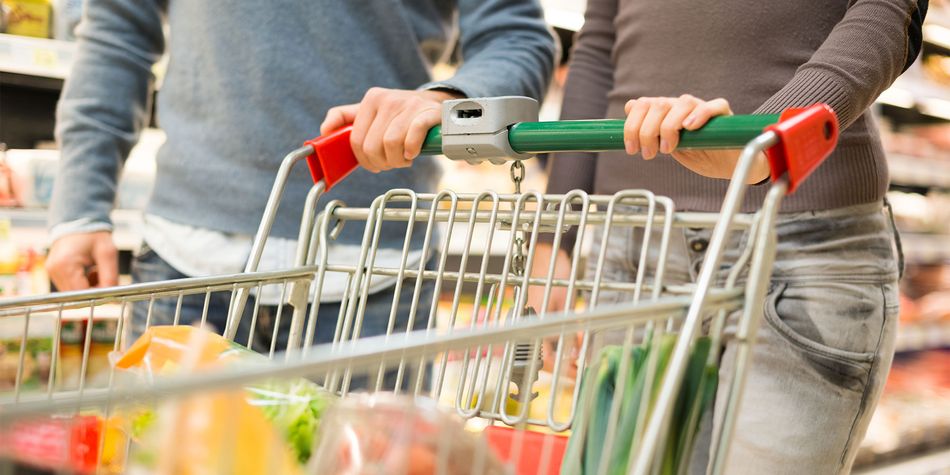By clicking a retailer link you consent to third-party cookies that track your onward journey. This enables W? to receive an affiliate commission if you make a purchase, which supports our mission to be the UK's consumer champion.
Fruit and veg: is fresh always best?
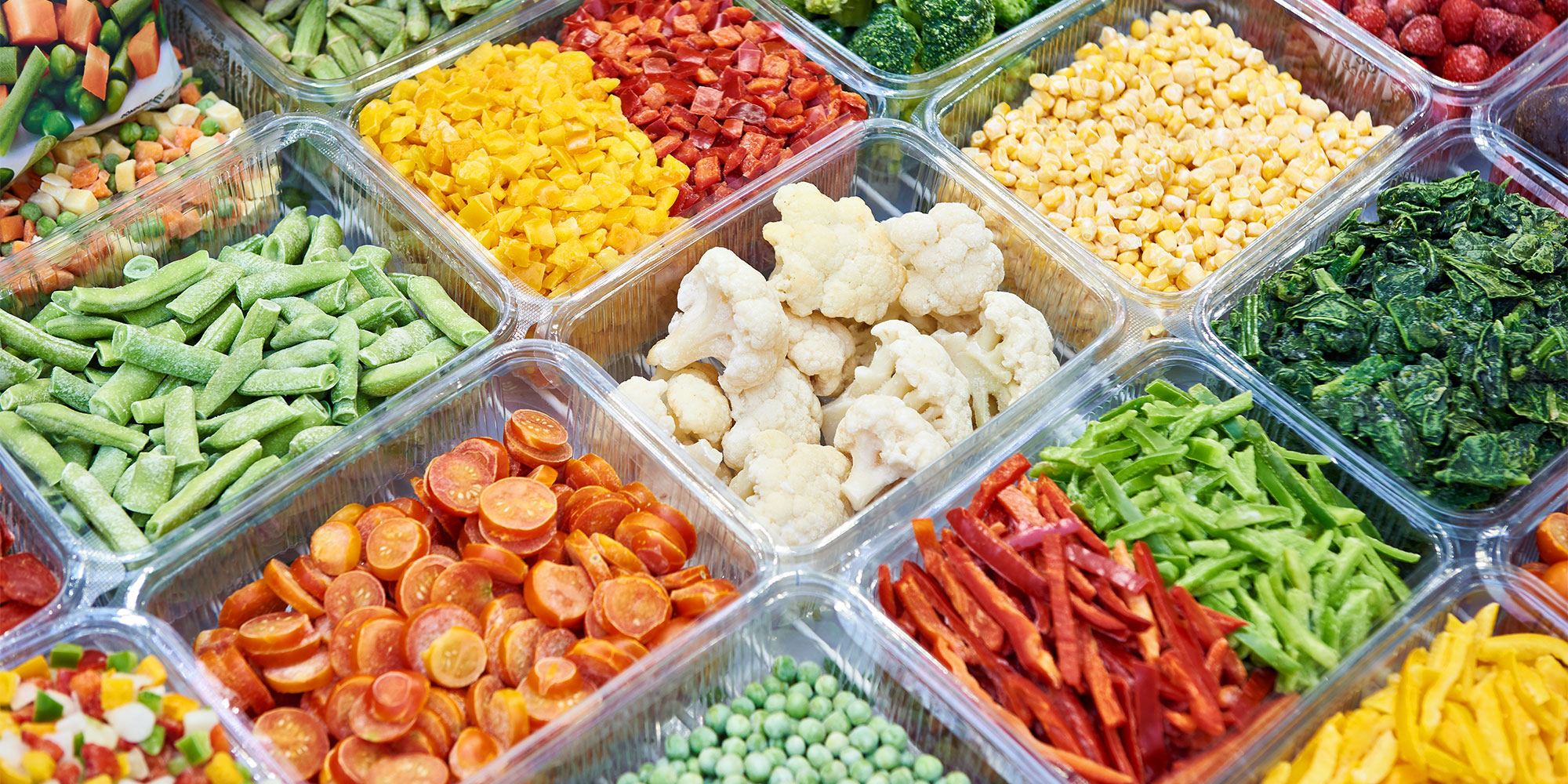
Fruit and vegetables are packed full of vitamins, minerals, antioxidants and fibre, which keep us healthy and reduce the risk of cancer, cardiovascular disease and high blood pressure.
Fresh produce is often viewed as best, with frozen and tinned options seen as poor cousins. But frozen and tinned fruit and vegetables can be just as nutritious as fresh – and often cheaper, more convenient and less likely to be wasted.
'Overall, adults in the UK eat less than the recommended amount of fruit and vegetables, so improving the understanding of the benefits of frozen and canned options could help increase overall intake', says Natalie Bosnic, a trained dietitian (Australia) who has worked in clinical diabetes research at Imperial College London and is now chef de partie at Bocca Di Lupo restaurant in London.
Looking to increase your fibre intake? See our guide to high-fibre foods: cheap and easy ways to boost your diet
Is frozen fruit and veg as good as fresh?
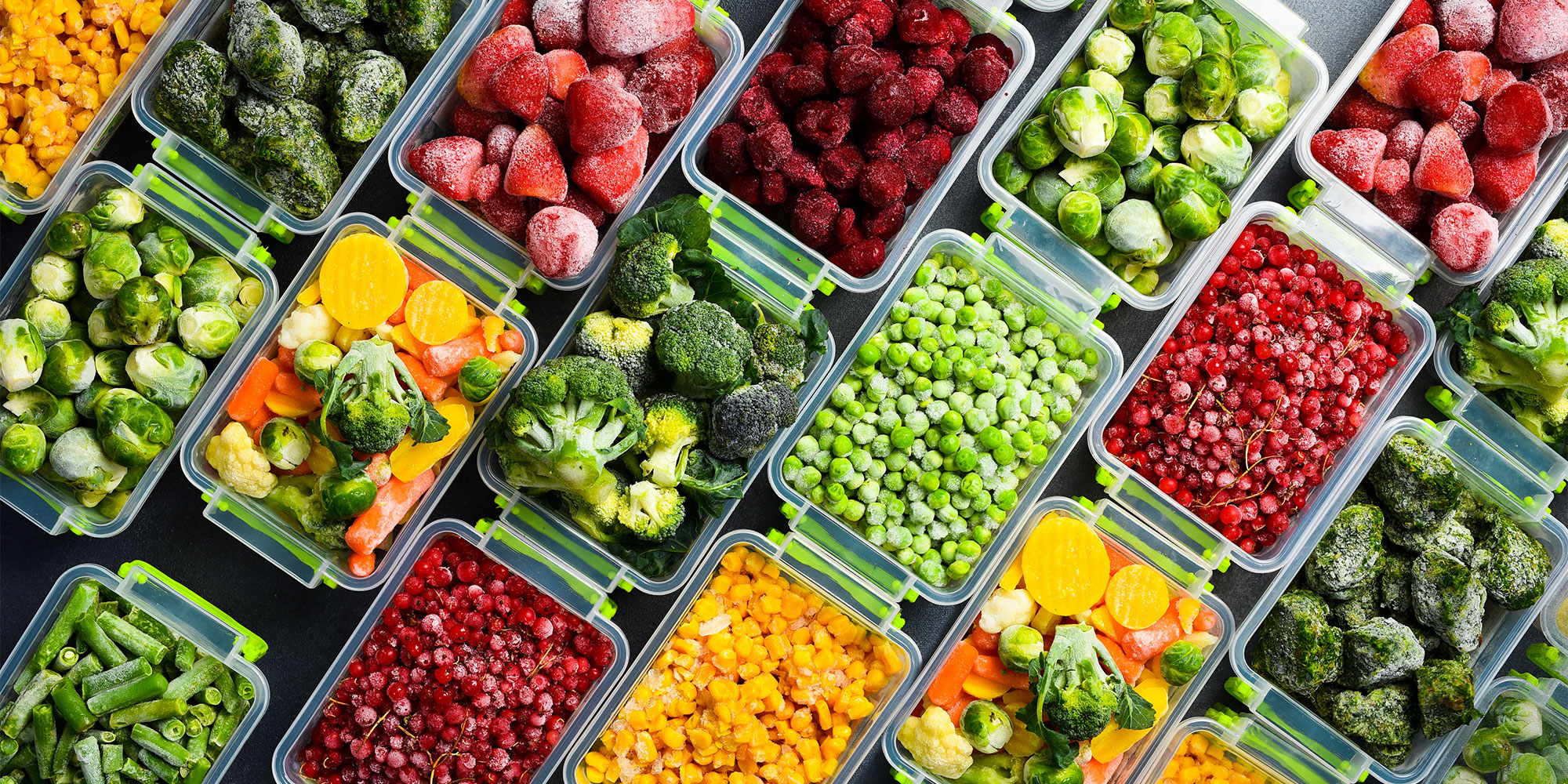
Sometimes frozen vegetables can actually contain higher levels of certain nutrients than fresh ones.
Once harvested, fresh fruit and vegetables can take days – and sometimes weeks – to reach supermarket shelves. During this time, some nutrients naturally degrade, particularly vitamin C and some B vitamins.
Frozen vegetables, by contrast, are usually blanched and frozen shortly after harvesting. Blanching briefly heats the veg to deactivate enzymes that cause deterioration, while also helping maintain colour and safety. They are then flash-frozen, preserving them close to their peak in terms of taste and nutritional value.
Because this process often happens within hours of picking, some vegetables – such as frozen peas – can be more nutritious than their fresh equivalents, unless you’re eating produce straight from your own garden.
The same applies to frozen fruit, which is typically picked at peak ripeness and frozen quickly to help retain nutrients.
Make sure you're freezing food safely: What temperature should a freezer be?
Is tinned fruit and veg good for you?
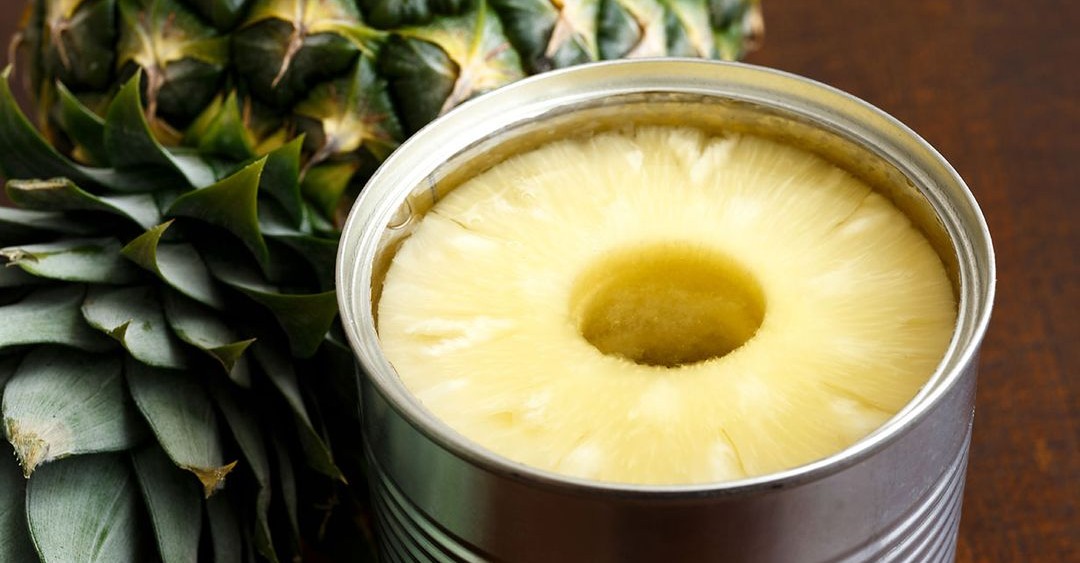
Canned fruit and veg vs fresh is a slightly different matter, but still have their benefits.
Vegetables and fruit are sealed in tins and heat-treated to kill harmful bacteria and prevent spoilage. This process can reduce levels of some heat-sensitive nutrients, such as vitamin C and certain B vitamins.
However, for other nutrients, such as antioxidant lycopene, found in tomatoes, the heating process of canning can actually improve absorption vs eating fresh tomatoes.
Cooking asparagus, spinach, kale and mushrooms also boosts their antioxidant levels when compared with eating them raw.
Choose your tins wisely
Look for tinned and frozen fruit and vegetables that don't contain added sugar and salt.
Where possible, opt for tinned fruit and veg in natural juices or water, rather than syrup or water with added salt or sugar. Cheapest versions of tinned fruit sometimes opt for sugar syrup rather than juice, for example.
It's also worth noting, if the fruit skin has been removed, you will lose some of the fibre content you get from the skins.
Save money and time with frozen or tinned fruit and veg
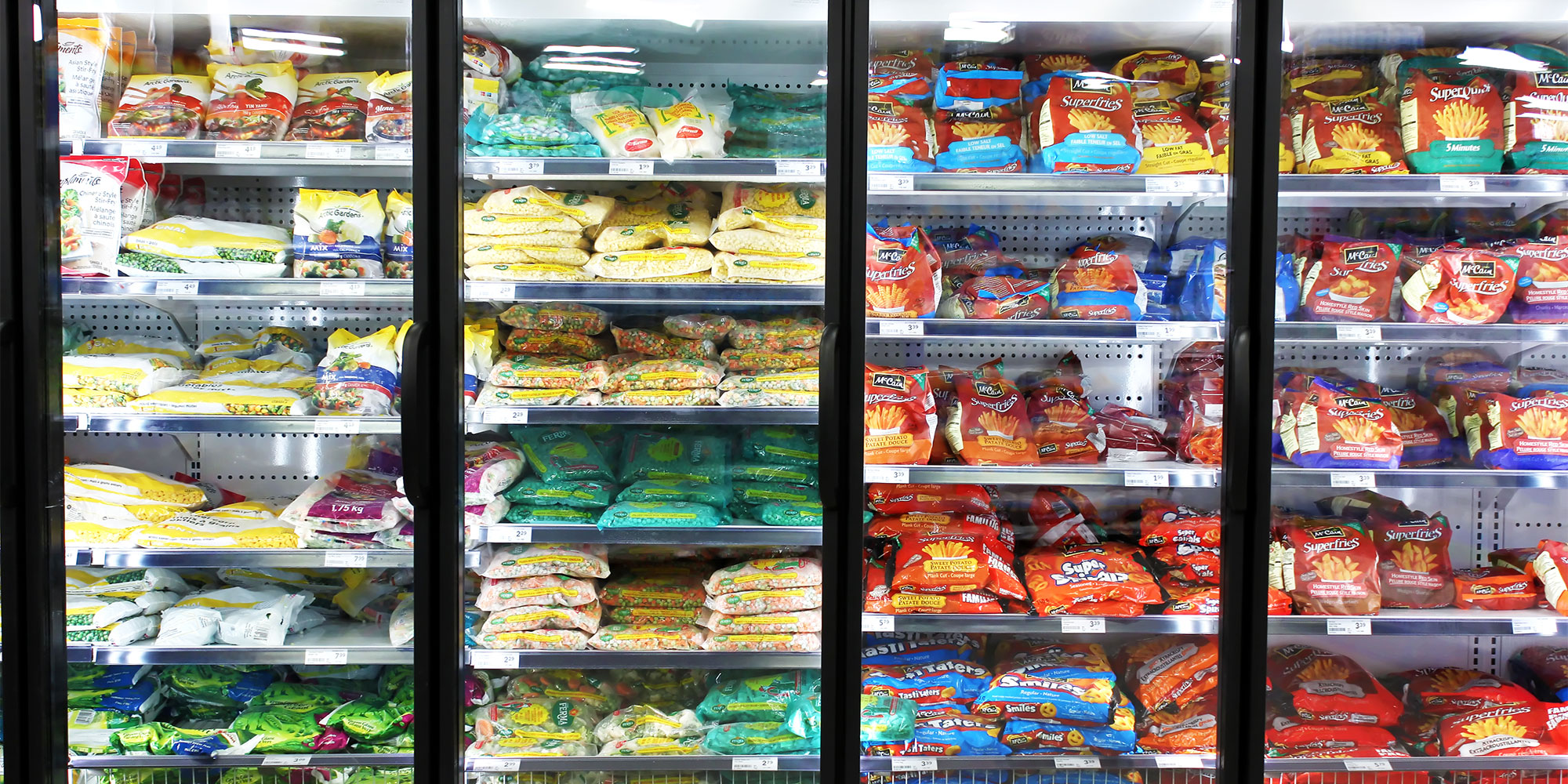
If you frequently find yourself throwing out spoiled or tired fruit and vegetables, it might be worth keeping some stocks of frozen or tinned options instead.
Because frozen and tinned fruit and veg keep for ages and you only use what you need, it means they're less likely to be thrown away and wasted.
They aren't always a substitute for fresh when it comes to texture, but it depends on what you're cooking, and can be a good way to increase the range of fruit and veg in your diet.
- Frozen spinach is great thrown into a pasta sauce or curry.
- Frozen vegetable mixes are a great way to bulk out stews, casseroles and curries.
- Frozen berries are a good year-round option for smoothies, crumbles and bakes, or to sprinkle on top of porridge or yoghurt.
You'll quickly notice the cost savings, too.
Per kilo, you can expect to spend around £2.40 for fresh broccoli and £1.78 for frozen.
Raspberries can be as much as £15 per kilo fresh, but this reduces to £10 when frozen.
Here are five foods you should never cook straight from frozen – and five you can
What to avoid with tinned or frozen fruit and veg?
'I avoid canned vegetables that turn mushy, such as asparagus and potatoes, and tinned goods with added salt or sugar syrups, which make them less healthy. I also avoid frozen produce with high water content, such as courgettes and cucumbers, as they tend to thaw soggy rather than crisp.' Jessica Randhawa, Founder & Head Chef, The Forked Spoon.
Zoe Daily30+ supplement: is it worth it and can you make your own instead?
Other great tin and jar options: lentils, beans and pulses...
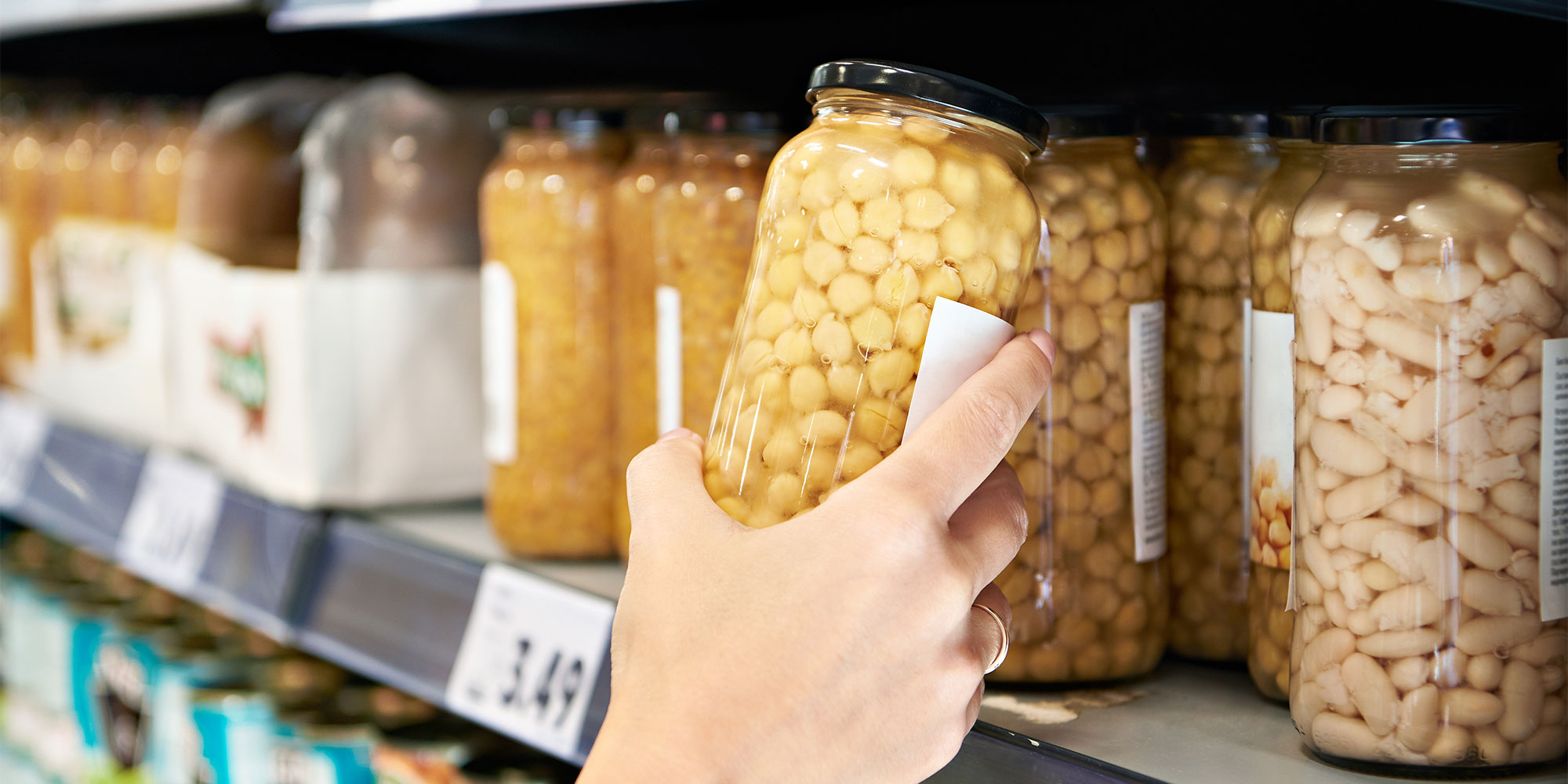
'It’s also worth remembering that many excellent vegetarian protein sources come from canned or jarred foods such as beans, lentils and pulses. There is strong evidence supporting the benefits of legumes in the diet, and while dried varieties can be time-consuming to prepare, canned or jarred low-salt options are convenient and still provide valuable nutrients and fibre – making them particularly useful for busy households,' advises Natalie Bosnic.
Whether choosing frozen, canned or jarred, they can all be cooked in numerous ways, Natalie says: 'Light sautéing, steaming and baking are all great ways to prepare these vegetables. In addition, cooking vegetables with a fat source, such as olive oil, helps increase the amount of fat-soluble nutrients absorbed from food, such as vitamins E & D.'
Looking for a healthier cooking oil? Best cooking oils: How to choose, and the truth about seed and algae oils


